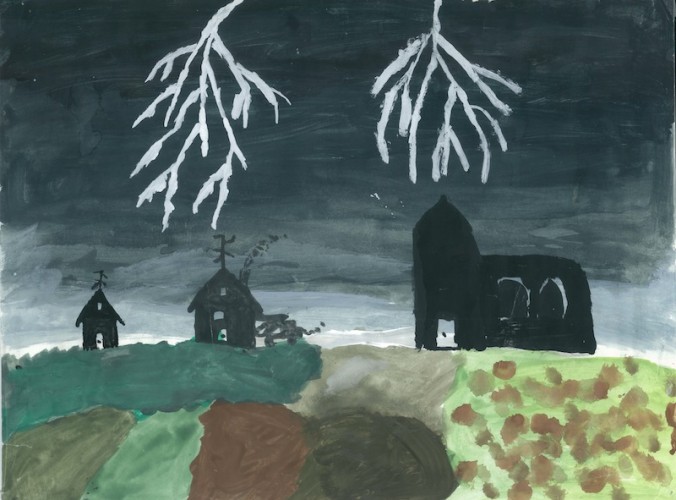This was once a love poem,
before its haunches thickened, its breath grew short,
before it found itself sitting,
perplexed and a little embarrassed,
on the fender of a parked car,
while many people passed by without turning their heads.
It remembers itself dressing as if for a great engagement.
It remembers choosing the shoes,
this scarf or tie.
Once, it drank beer for breakfast,
drifted its feet
in a river side by side with the feet of another.
Once it pretended shyness, then grew truly shy,
dropping its head so the hair would fall forward,
so the eyes would not be seen.
It spoke with passion of history, of art.
It was lovely then, this poem.
Under its chin, no fold of skin softened.
Behind the knees, no pad of yellow fat.
What it knew in the morning it still believed at nightfall.
An unconjured confidence lifted its eyebrows, its cheeks.
The longing has not diminished.
Still it understands. It is time to consider a cat,
the cultivation of African violets or flowering cactus.
Yes, it decides:
Many miniature cacti, in blue and red painted pots.
When it find itself disquieted
by the pure and unfamiliar silence of its new life,
it will touch them—one, then another—
with a single finger outstretched like a tiny flame.
[Jane Hirshfield, from Given Sugar, Given Salt. My favorite line is “Once it pretended shyness, then grew truly shy.”]


